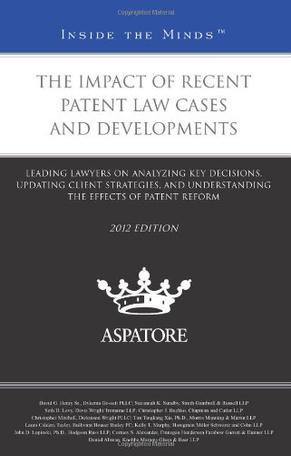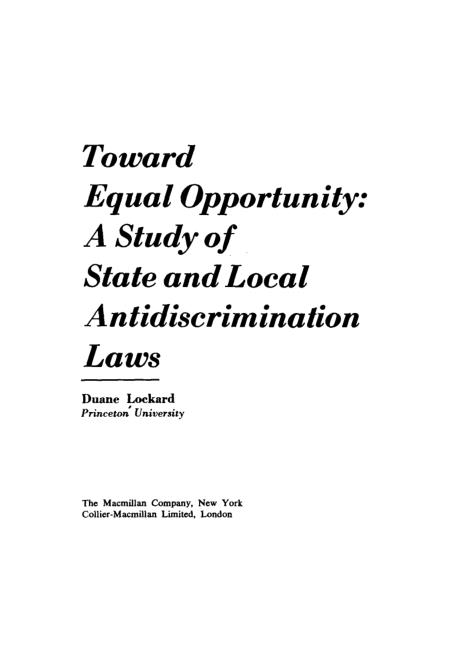Understanding the Implications: Do Usury Laws Apply to Private Loans?
Guide or Summary:IntroductionWhat Are Usury Laws?Private Loans DefinedDo Usury Laws Apply to Private Loans?Consequences of Violating Usury LawsBest Practice……
Guide or Summary:
- Introduction
- What Are Usury Laws?
- Private Loans Defined
- Do Usury Laws Apply to Private Loans?
- Consequences of Violating Usury Laws
- Best Practices for Private Lending
**Translation of the phrase:** Do usury laws apply to private loans
Introduction
In the realm of finance, the term "usury" refers to the practice of lending money at unreasonably high-interest rates. The legality and enforcement of usury laws vary significantly across different jurisdictions, raising an important question for both lenders and borrowers: **Do usury laws apply to private loans?** This inquiry is particularly relevant for individuals seeking to lend or borrow money outside traditional financial institutions.

What Are Usury Laws?
Usury laws are regulations that set maximum interest rates that can be charged on loans. These laws are designed to protect consumers from predatory lending practices and ensure that borrowers are not exploited. The specifics of usury laws, including the maximum allowable interest rates and the types of loans they govern, can differ widely by state or country. Understanding these laws is crucial for anyone involved in private lending or borrowing.
Private Loans Defined
Private loans refer to loans made between individuals, rather than through formal financial institutions like banks or credit unions. These loans can occur in various forms, including personal loans, peer-to-peer lending, and informal agreements between friends or family members. While private loans can offer flexibility and convenience, they can also pose risks, particularly if the terms of the loan are not clearly defined or if the interest rates exceed legal limits.
Do Usury Laws Apply to Private Loans?
The applicability of usury laws to private loans can depend on several factors, including the nature of the loan, the relationship between the lender and borrower, and the jurisdiction in which the loan is made. In many cases, usury laws do apply to private loans, meaning that lenders must adhere to the maximum interest rates set by law. However, there are exceptions; for instance, some states may exempt loans made between family members or friends from usury regulations.

Consequences of Violating Usury Laws
If a private lender charges an interest rate that exceeds the legal limit, they may face serious consequences. These can include the forfeiture of the interest charged, potential legal action from the borrower, and even criminal charges in some jurisdictions. Borrowers should be aware of their rights and the protections offered by usury laws to safeguard themselves against unfair lending practices.
Best Practices for Private Lending
For those considering entering into a private loan agreement, it is essential to take certain precautions. Both parties should clearly outline the terms of the loan in writing, including the interest rate, repayment schedule, and any collateral involved. Additionally, it's wise to consult legal or financial experts to ensure compliance with applicable usury laws. By doing so, both lenders and borrowers can protect themselves and foster a fair lending environment.
In summary, understanding whether **do usury laws apply to private loans** is crucial for anyone involved in private lending. These laws are designed to protect borrowers from predatory practices, but their applicability can vary based on numerous factors. By being informed and taking the necessary precautions, individuals can engage in private lending responsibly and legally. Whether you are a potential lender or borrower, awareness of usury laws is essential in navigating the complexities of private loans.
